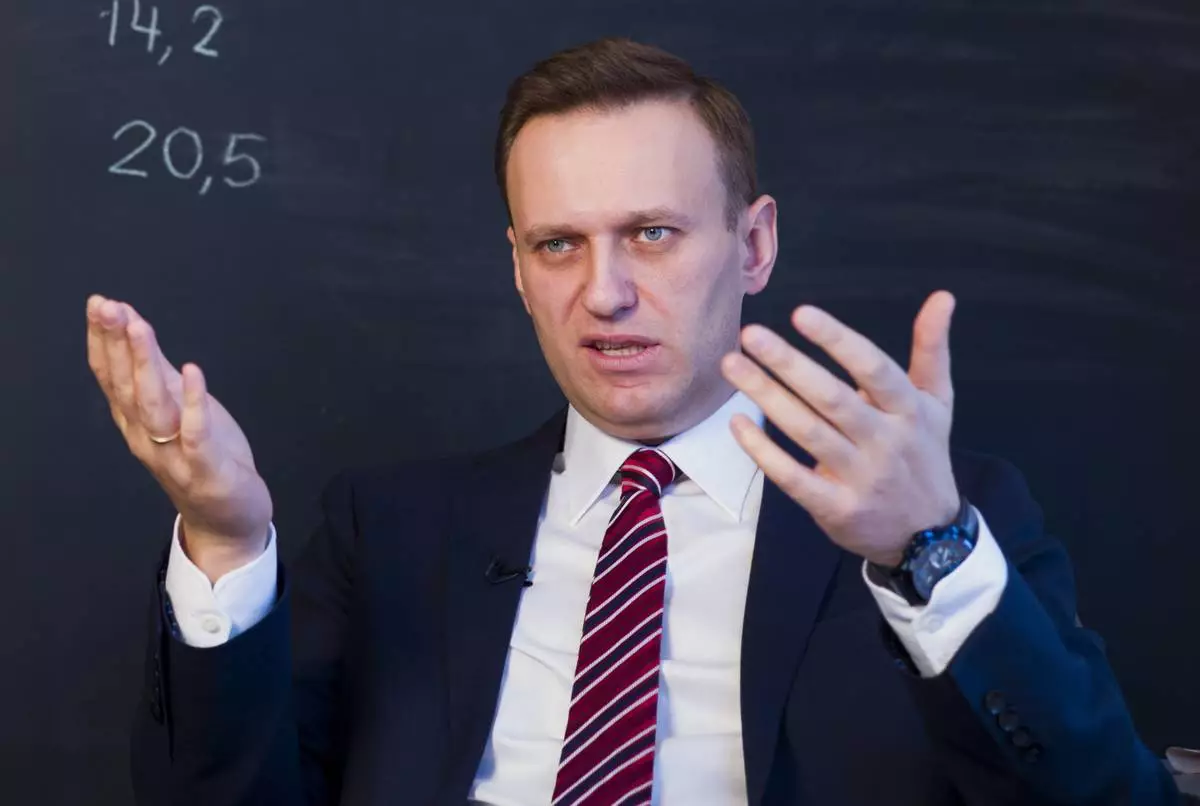The Metropolitan Opera will hire an all-black outside chorus next season for its first presentation in nearly three decades of the Gershwins' "Porgy and Bess," which opens the season on Sept. 23.
Performances of "Porgy and Bess," which premiered in 1935, are licensed by the Gershwin family, which specifies an all-black cast.
"Certainly it's more complicated, but it's worth the complications because it's such a great piece," Met general manager Peter Gelb.
"Porgy," by George and Ira Gershwin, and DuBose and Dorothy Heyward, depicts a crippled beggar in a poor African-American community of Charleston, South Carolina.
When the Met presented "Porgy" for the first time in 1985, it also hired an outside chorus — at the time, there were three black members of the Met's regular chorus of 81. That has increased to six in a group of approximately the same total now, the Met said.
"I think the Met is regarded as an institution that is colorblind when it comes to casting," Gelb said. "We have many African-Americans and other black artists who are appearing on our stage in major roles."
The Hungarian State Opera created controversy last year when it presented an unauthorized production with a largely white cast.
Donald Palumbo, the Met chorus master, said about 400 people had auditioned for the "Porgy" chorus since November and 68 would be chosen for rehearsals that start Aug. 5.
"We will have two existing choruses at the same time in the building," he said. "It's going to be interesting but it's going to be a lot of fun. I'm hoping that they will interact as much as possible."
Eric Owens and Angel Blue head the opening-night cast, which is conducted by David Robertson and includes Denyce Graves, Latonia Moore, Golda Schultz and Ryan Speedo Smith.
Then-Met music director James Levine insisted on an uncut version for the 1985 Nathaniel Merrill production. That staging, which appeared 54 times through 1990, was presented in three acts with 3 hours of music and two intermissions for a total of 4 hours.
This production is trimmed to about 2 1/2 hours of music plus a single intermission. The staging by James Robinson debuted at London's English National Opera last year and was seen this year at the Dutch National Opera in Amsterdam.
"It doesn't feel excessively long," Robinson said. "The original version just really goes on and on and on."
The last of the 13 performances on Feb. 1 will be broadcast to movie theaters around the world. A revival already is scheduled in an upcoming season.
"Porgy" is among five new-to-the Met stagings next season.
Handel's "Agrippina" has its Met premiere on Feb. 6 and stars Joyce DiDonato in a David McVicar production adapted from one he created for Brussels' Theatre Royal de la Monnaie in 2000. The Met premiere of Philip Glass's "Akhnaten" on Nov. 8 is in a Phelim McDermott staging seen at the ENO and LA Opera in 2016.
Yannick Nezet-Seguin, starting his second season as the Met's music director, leads Berg's "Wozzeck" opening Dec. 27 in a William Kentridge production first seen at the 2017 Salzburg Festival in Austria. He also conducts revivals of Massenet's "Werther" and Puccini's "Turandot," which will mark the Met's first regular Sunday performance on Oct. 6. There will be 16 Sunday matinees next season, and the Met plans 23 in 1920-21 and 27 in 2020-21.
Nezet-Seguin plans to conduct as many as six productions in 2020-21.
Wagner's "Die Fliegende Hollaender (The Flying Dutchman)" is an intermission-less Francois Girard staging that opens March 2 with Valery Gergiev conducting Bryn Terfel, a co-production with L'Opera de Quebec and the Dutch National Opera.
Simon Rattle leads a revival of Strauss' "Der Rosenkavalier" starting Dec. 13. Placido Domingo adds another new role a few months before his 79th birthday when he sings Sharpless in Puccini's "Madama Butterfly" starting Nov. 6.










